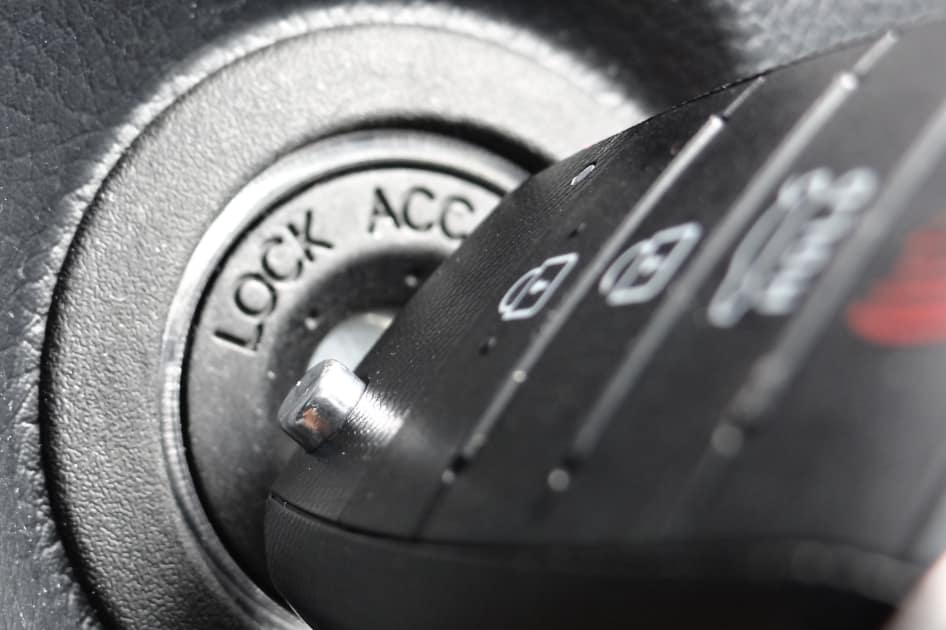A will is an important document that protects your property and gives your loved ones the right to receive your belongings after your death. Wills are used for a variety of purposes, including passing assets to friends or family, distributing property between families, and naming guardians for minor children. To ensure that your will is valid, you will need to follow specific guidelines.
When preparing a will, there are four primary components you should include. First, you will need to create a list of all your assets. This includes real estate, financial support, personal possessions, and other assets. You will also need to decide on an executor. An executor is a trusted person who will help you distribute your assets to your beneficiaries.
The testator, or the person who is making the will, must be of sound mind. He or she should also be at least eighteen years old. It is recommended that you get a lawyer to review your will. Also, you will need to have your will notarized. Lastly, you should select two witnesses to sign your will.
Your will should list your specific wishes. You may want to leave specific items, such as jewelry, a car, or a house. You can also make specific requests, such as donating organs. Some people also want to provide for funeral arrangements.
It is important to list all your assets in your will. This will also give your executor an idea of what your assets are worth. They can then use this information to calculate a fair amount to pass on to your beneficiaries.
A living will is another important component of a will. It can be beneficial to a terminally ill person, and provides detailed instructions about medical treatments. For instance, a terminally ill patient can specify that he or she does not require a feeding tube, a ventilator, or other life-saving measures.
The Personal Representative, or the person who will oversee the distribution of your assets, can be a friend, or a professional. This person will be responsible for inventorying and settling all of your debts and assets. In addition, he or she will be responsible for obtaining probate.
Another important part of a will is the Bequests. Bequests are the parts of the will that transfer ownership of your assets to a designated beneficiary. These can be a child, an adult, or a loved one. Make sure that you name a beneficiary in your will, and that he or she is mentally capable.
If you have any pets, it is a good idea to include your pet’s caretakers in your will. You should also ensure that your pet is financially stable and shares your parenting values.
Your will can be stored in a safe location. You may choose to have it at home, in a locked filing cabinet, or with a family planning attorney. Depending on your situation, you may need to get your will notarized.
After writing your will, it is important to store it in a safe place. It is also a good idea to keep a copy with a family member.





